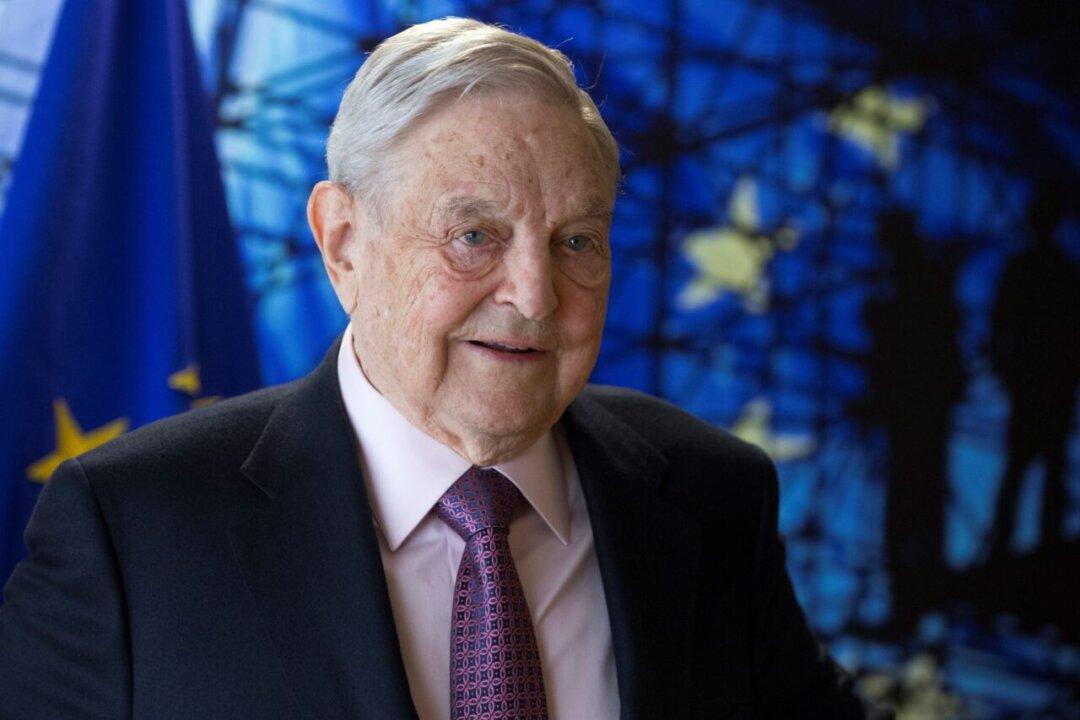Billionaire financier George Soros is launching a super PAC ahead of the 2020 election and, at $5.1 million, he has already made the single biggest contribution so far this election cycle compared to any other megadonor.
Soros contributed $5.1 million to the new group, Democracy PAC, according to Paperwork filed with the Federal Election Commission.





